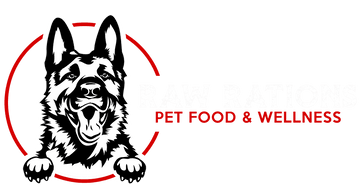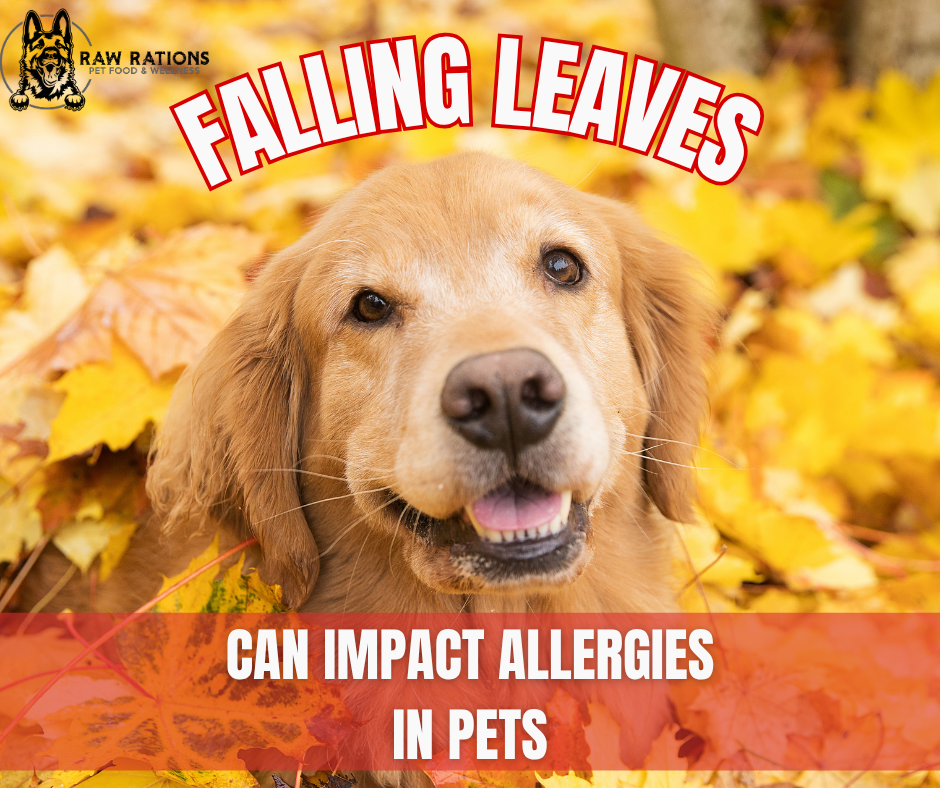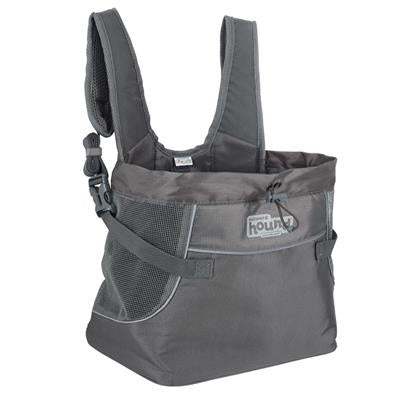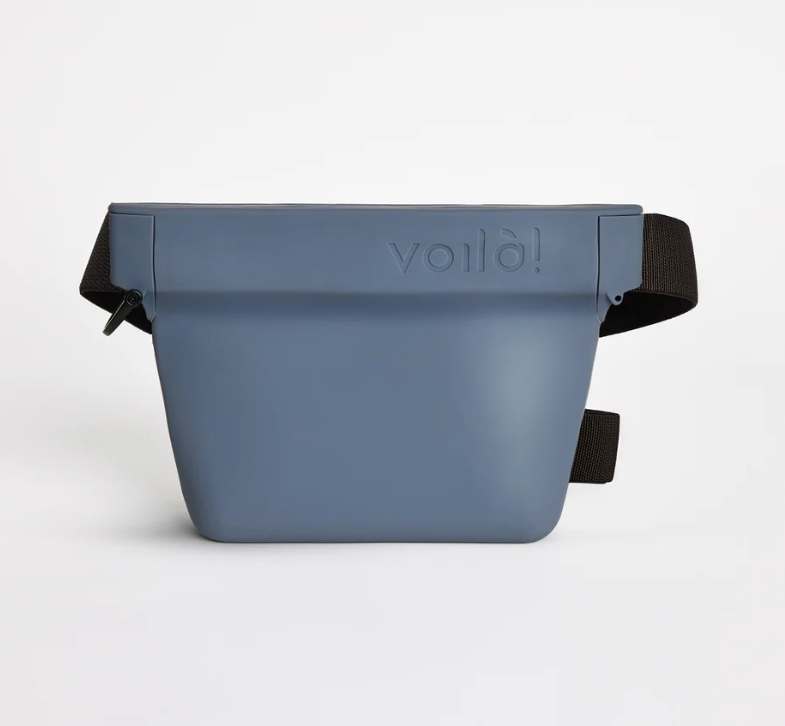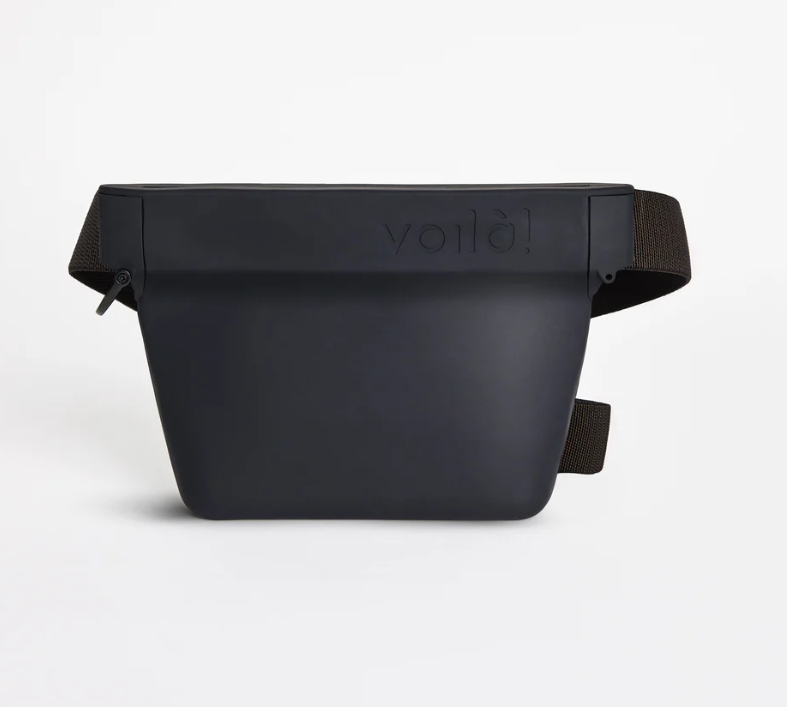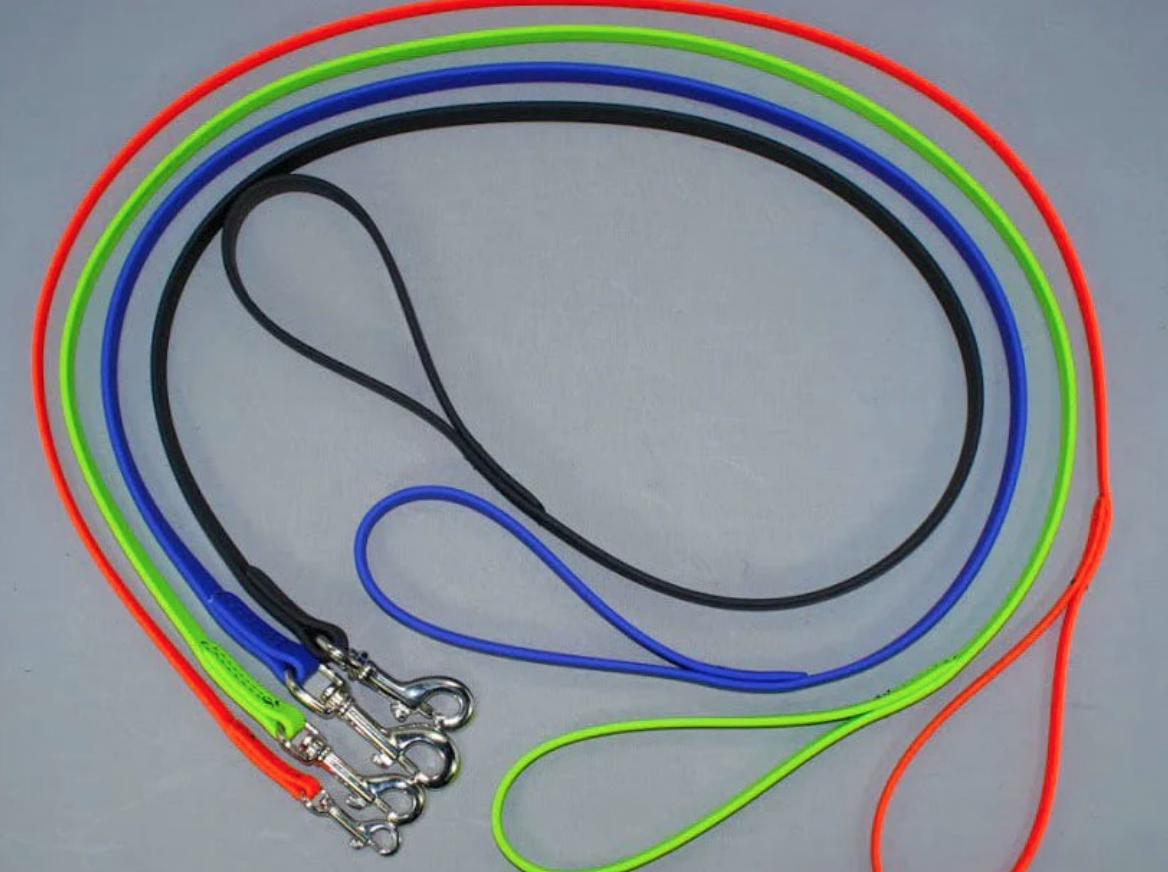It’s that time of year again; the leaves are falling, and the air is getting crisp. With this change in season comes the dreaded time of fall allergies in pets. While many of us associate allergy season primarily with springtime, it's important to recognize that allergies can affect our furry friends more than once a year. During the fall, pets can experience reactions to various allergens, such as mold and pollen, which may linger in the environment. Being aware of the symptoms and taking proactive steps can help keep your pets comfortable throughout the season.
What Causes Fall Allergies?
Falling leaves can contribute to pet allergies due to hidden allergens found within and around them. These allergens include pollen from other plants, such as ragweed, as well as mold and mildew that thrive on decaying leaves. While the leaves themselves may not be the main source of allergens, they serve as carriers, potentially exposing pets to various irritants through contact with their fur, skin, or by inhalation. Additionally, insects like fleas often flourish in the damp and shaded environments created by leaf piles. Make sure to check your pets frequently, especially after hikes or outdoor adventures, for any passengers they may have picked up. It is essential for pet owners to be aware of these potential sources of discomfort for their furry friends.
How to Identify
When it comes to identifying potential allergies in your pet, being observant is important. Some very common signs your pet might show are discomfort, itching, chewing at the paws, hives, and redness of the skin. If you do notice any of these signs, try to monitor and see what helps or worsens the symptoms. From there, find a plan of action that best fits your situation.
Plan of Action
When trying to help your pet, there can often be a laundry list of ways to go about it. Adding in immune support supplements, doing baths weekly or bi-weekly with a medicated shampoo, and cleaning up leaves and plants around the yard can all be beneficial. Additionally, ensuring your pet has a balanced diet that meets their specific nutritional needs is another critical factor in supporting their immune system. Engaging in regular exercise helps maintain a healthy weight and promotes good circulation, further enhancing your pet's well-being.
-
Incorporating high-quality immune support supplements into a dog's diet can significantly enhance their overall health and well-being. Some great options we carry include Adored Beast Pawsitive Immunity, Nootie Allergy & Immunity, and Dr. Harvey’s Allergy & Immune. These supplements play a crucial role in helping the body's response to allergens, ensuring that dogs can better handle various environmental factors and potential irritants.
Not only do these immune supplements promote a stronger defense against illness, but they also aid in quicker recovery times when your dog does encounter health challenges. Additionally, they are especially beneficial for dogs in specific life stages, such as puppies and seniors, or during periods of increased stress. These supplements are formulated to provide essential nutrients, such as vitamins, minerals, and antioxidants.
-
Frequent baths with medicated shampoo can be highly beneficial for dogs. These specialized shampoos work by removing allergens from the skin while soothing symptoms like itching and inflammation. Many of these shampoos possess antimicrobial and antifungal properties, which help prevent secondary infections that can result from excessive scratching.
While we understand that life can get hectic and finding time for a full bath might not always be feasible, medicated wipes offer a convenient solution for in-between times. These wipes can be easily used to target specific areas, providing relief and maintaining your dog’s comfort until the next bath. Whether you’re managing seasonal allergies or just keeping your dog fresh, medicated wipes are a practical tool in your pet care routine. Nootie makes a great product for both shampoo and wipes.
-
Keeping a clean yard is beneficial for dogs suffering from fall allergies. By removing common allergens that build on leaves, like mold and pollen, you can create a healthier environment for your pet. It's important to clear away leaf piles, as they can harbor mold, which may worsen allergic reactions. Additionally, regularly mowing the grass helps minimize your dog's exposure to irritants that can lead to sneezing, itching, and other allergy symptoms. Maintaining a tidy yard not only enhances your outdoor space but also supports your furry friend’s well being during allergy season.
If your pet's symptoms worsen or do not trend upwards, please visit the vet. Seasonal allergies can be very tough on both you and your pet. Keep a close eye on them, especially if they’ve struggled in years past. Taking action when necessary can help ensure their health and comfort during allergy season.
